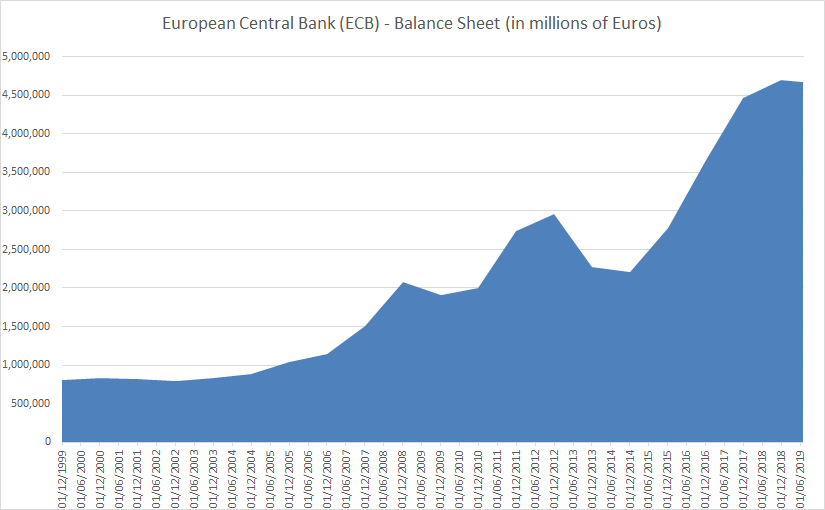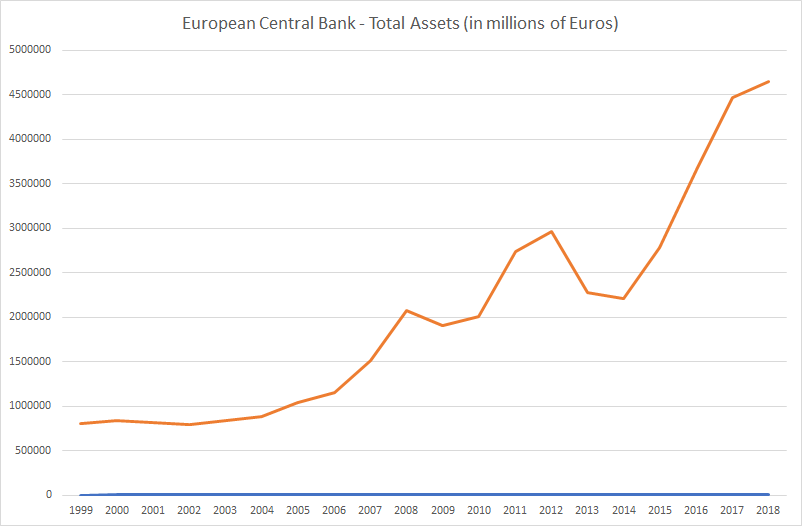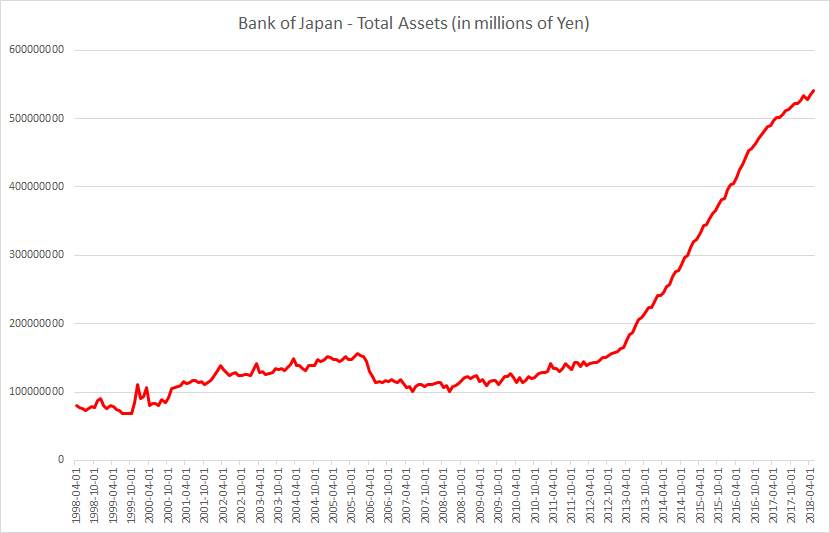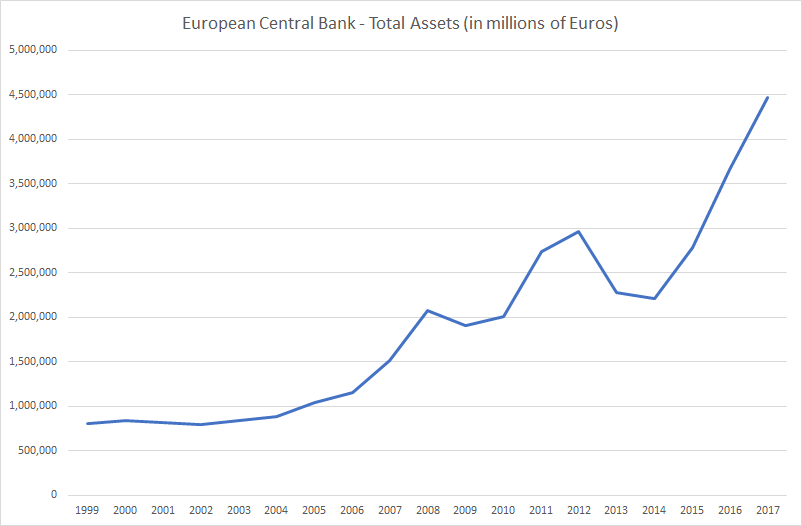Q1 2018 GDP
The US, the UK, France and Spain all reported GDP numbers over the last week.
US real GDP increased at an annual rate of 2.3% in the first quarter of 2018 as per an advance estimate released by the Bureau of Economic Analysis. Read more about it here.
Personal consumption collapsed, with vehicle sale falling significantly. Business inventories were up significantly too. Total employee compensation (which includes wages and benefits) rose 2.7% over past 12 months, up from 2.4% a year ago and the highest since Q3 2008, while the household savings rate fell to a multi-year low of 3.1%.
Continue reading “Weekly Overview: Q1 2018 GDP numbers; ECB on QE; US bond yields soar; Other things”




